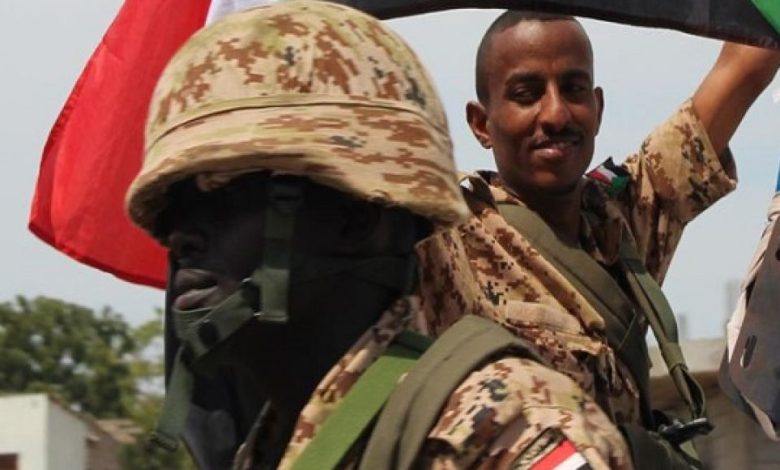With the continuation of the conflict, what about the role of the international community in easing tensions in Sudan?

Since mid-April, Sudan has been experiencing a bloody war between the Rapid Support Forces led by Hemeti and the Sudanese army led by Al-Burhan. The war has put the Sudanese people in the worst conditions in a long time.
The clashes between the Sudanese army and the Rapid Support Forces have escalated, with the sound of airstrikes, artillery, and small arms fire being heard, especially in the cities of Omdurman and Khartoum.
Jeddah Talks Failure
The Kingdom of Saudi Arabia and the United States expressed deep concern last month about serious violations of the ceasefire and the Jeddah Declaration by both the Sudanese armed forces and the Rapid Support Forces. The Saudi Press Agency quoted the Saudi Ministry of Foreign Affairs as saying, “These violations have harmed civilians and the Sudanese people, impeded the delivery of humanitarian aid, and hindered the restoration of essential services.” It added, “Once the parties demonstrate seriousness in complying with the ceasefire, the two sides are ready to resume suspended discussions to find a negotiated solution to this conflict.” It continued, “To achieve this goal, we urge both parties to seriously commit to the ceasefire and support humanitarian efforts that respond to the humanitarian needs of the Sudanese people.”
Efforts of the International Community
Despite the international community’s commitment to continuing its efforts with partners in the region to impose a ceasefire in Sudan during the war between the army and the Rapid Support Forces, it did not last for the intended duration since its inception, and there was no commitment to permanently ending the war. The conflict has also spread to the regions of Darfur and Kordofan, putting the international community in a critical position in dealing with the Sudanese crisis.
Sudanese people hope that during the simple truces, the necessary motivation will be available to implement international initiatives on the ground, but military escalation has prevailed through aerial bombardment and heavy artillery. The term “lethal force” has widely circulated in Sudan during protests against the previous regime, including during the Sudanese uprising that erupted on December 19, 2018. At that time, the United Nations warned against the escalation of violence in Sudan and stated that the use of lethal force as a means to confront protests was unacceptable. Reports indicated that protesters were killed due to the use of live ammunition by government security forces.
Failure of Previous Ceasefires
Previous ceasefires between the conflicting parties were not respected, as they were quickly violated and faced complications in their description. They did not have a political character, but their primary nature was the military status of the combatants. Furthermore, none of the ceasefires served as a basis for establishing a foundation for a peace agreement to legally end the ongoing state of war, as a state of war does not end except through the conclusion of peace.
Sudanese political analyst Mohammed Elias says that Sudanese leaders representing civil society, resistance committees, professional associations, universities, women, youth, and activists from all over the country, along with the international powers, have called for a ceasefire and talks to stop the bleeding of the war. However, there is no solution as previous ceasefires are always violated.
According to Elias, even the means of providing humanitarian relief have stopped due to the ongoing conflict, which has claimed the lives of thousands of Sudanese citizens.











